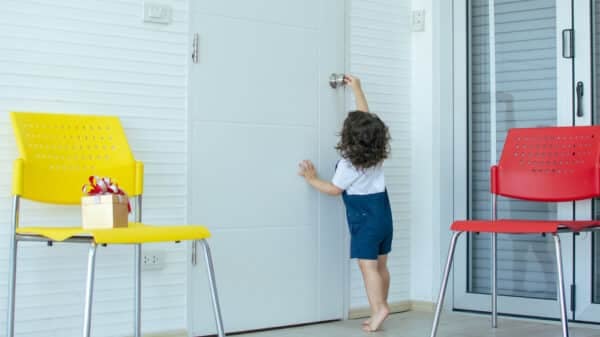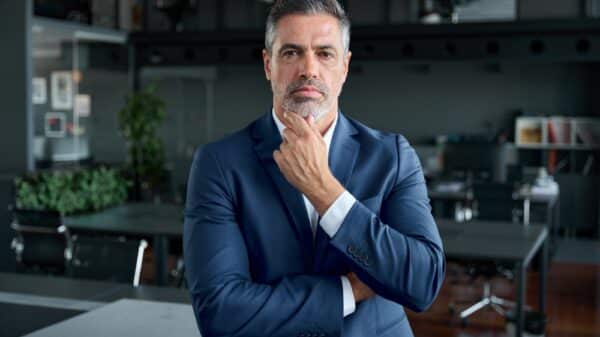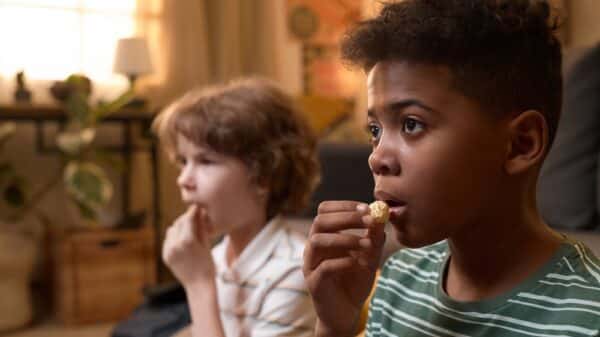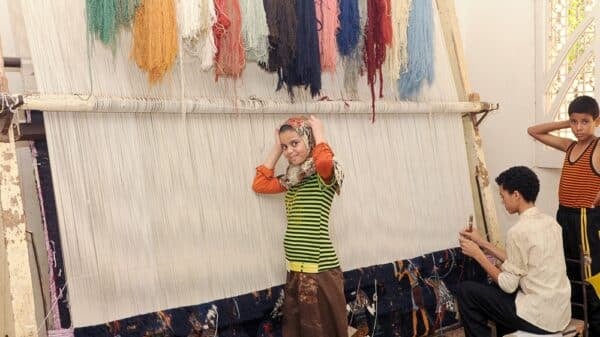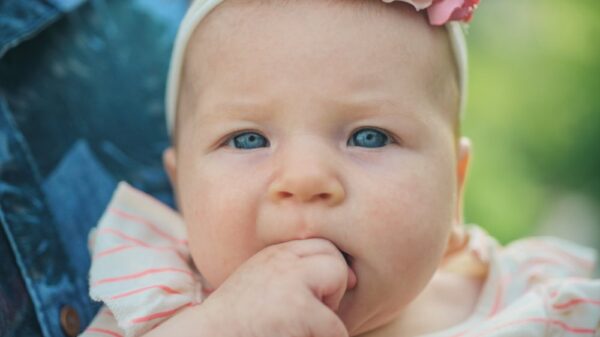Over the past decade, the phrase “Boys will be boys” has been subjected to vital scrutiny. It’s about time that society recognizes it as simply an excuse for unchecked behavior rather than a mantra of innocence. What if, instead of perpetuating outdated stereotypes, we embraced the notion that boys can and should be respectful, compassionate individuals? However, this idea isn’t just about society at large—it’s about how each family defines what it means to raise boys today. Many parents seem to unconsciously hold on to a narrow definition of boyhood, often limiting their sons to traditional gender norms.
Recently, TikTok creator Payal (known as @payalforstyle) shared some crucial insights into this topic, highlighting the benefits of raising boys beyond conventional gender expectations. In her engaging video, she thoughtfully addresses a stitch from another TikTok creator, who expressed disdain over the idea of her sons wanting to dabble in makeup. Rather than dismissing this perspective outright, Payal takes a calm approach to articulate why she finds that stance narrow-minded—and even harmful.
She points out a crucial truth: “When you let your son play with or be curious about makeup or nail polish,” she explains, “I see three main outcomes.” Let’s take a closer look at those outcomes, as they hold the potential to reshape how we think about boyhood and masculinity.
The first outcome is the opportunity to dismantle limiting gender norms. Payal emphasizes that when we discourage boys from engaging in activities considered “feminine,” we inadvertently sow the seeds for negative attitudes toward femininity itself. “Telling boys they can’t do girl things plants a seed that girl things are bad or stupid, worthless, less than,” she states. This perpetuates a culture of misogyny, which ultimately harms everyone—boys and girls alike. Instead, by allowing boys to explore a wide range of interests without being confined to rigid definitions, we create a culture that values diversity and expression.
Next, there’s the significant impact of building trust through unconditional love. Payal notes that when parents embrace their children’s interests, even if they stray outside of the norm, it sends a powerful message: “He’ll get the message that he can be open and authentic with you.” This emotional safety can be crucial as children navigate various aspects of their identity, be it gender, interests, or even aspects of their personal lives that may set them apart. By showing support unconditionally, you reinforce that their worth is not contingent upon external expectations. This understanding lays the groundwork for a deep and trusting relationship—not just for today, but for years to come.
And then there’s building iron-clad confidence. Payal shares a vivid memory from her teaching days: “I’m never going to forget the eighth-grade boy who wore a dress to school. He walked in with so much confidence that not a single kid would dare to comment.” This example serves as a powerful reminder that confidence is a shield against bullies, who are often quick to prey on perceived weakness. Raising a confident child is an intentional, mindful act of parenting. Conversely, it’s also true that fostering mediocrity or negativity requires just as much intention.
Finally, an essential bonus outcome of this approach is that children raised this way tend to be more accepting of others. Payal points out, “If he was a boy interested in makeup at some point, he’s not going to be weirded out, confused, or judgmental about another man or boy wearing makeup.” By showing acceptance and embracing individuality, we prepare our children to participate in a more harmonious society, free from judgment.
It’s crucial for us as parents to be vigilant about the attitudes and lessons we model, as our children are always watching and learning. When we embrace a broader definition of what “boys can be,” we open up a world of possibilities, teaching them that being true to oneself is infinitely more valuable than fitting into a predefined mold. Instead of forcing our kids into a box, let’s empower them to define what they want their own boyhood—or girlhood—to look like. The next generation deserves that freedom.
Image Source: New Africa / Shutterstock


